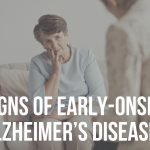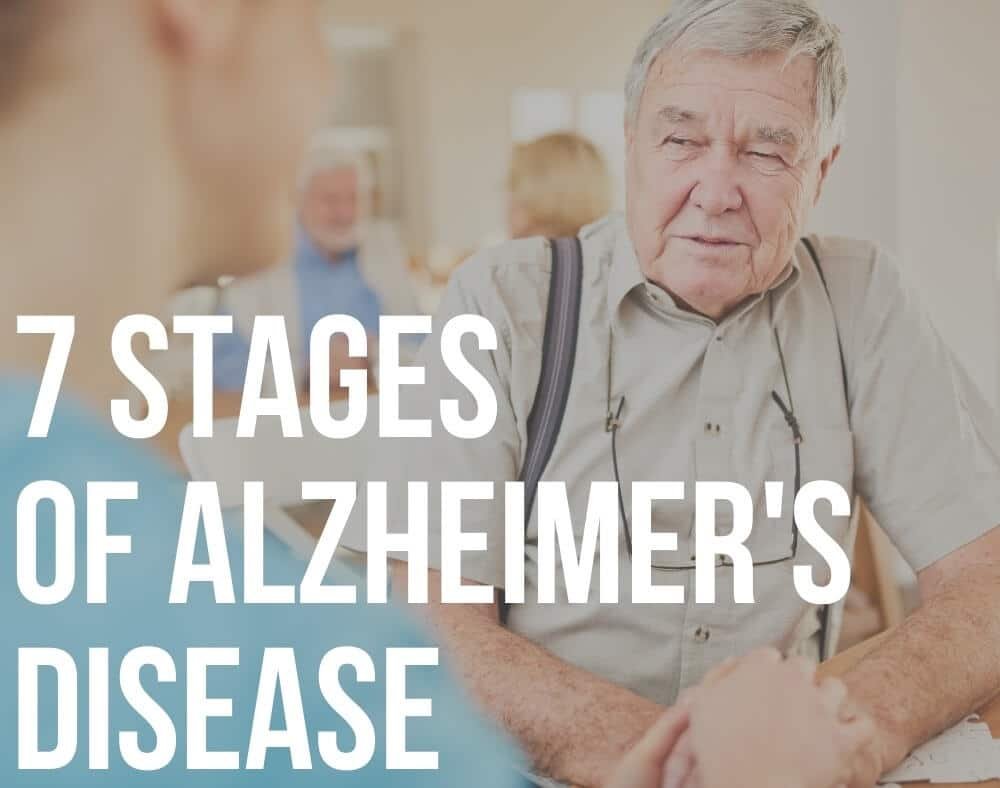Alzheimer’s disease (AD) is one of the most common causes of dementia among seniors which leads to the question of what is the average age for Alzheimer’s.
Contents
What is the typical age for Alzheimer’s?
There are two categories of Alzheimer’s disease, which we further investigate below.
Late-Onset Alzheimer’s Disease

Late-onset AD normally affects people who are 60 years and above when Alzheimer’s symptoms become more apparent.
National Institute on Aging reports that the number of individuals who have AD doubles after 5 years for persons who are above 65 years.
Around 3% of women and men who are between the ages of 65-74 have the illness.
Almost half of those who are 85 years and older are diagnosed with AD.
A study performed in East Boston, Massachusetts observing 32,000 non-institutionalized persons aged 65 and above revealed that the prevalence of AD was 10% for seniors who were 65 years and over and 47% for those who are older than 85.
Pharmaceutical Technology reports that the prevalence of AD increases as a person grows older.
However, the greatest burden of the progressive disease exists in persons between the ages of 80-89 years.
Keep in mind that although increasing age is one of the risk factors for AD, old age does not make a person develop Alzheimer’s.
Many people live well into their 90s without developing AD.
Researchers have not pin-pointed the exact gene that causes late-onset Alzheimer’s.
Nonetheless, there is a single genetic risk factor that involves having one allele or form of APOE (apolipoprotein E) gene on chromosome 19 which is known to increase an individual’s risk.
Early-Onset Alzheimer’s

Although Alzheimer’s is common in older adults, this is not always the case.
It is important to note that the average age for Alzheimer’s is not limited to people who are above 60.
It can also affect younger individuals who are in their 30s and 40s.
This, however, is a rare occurrence that accounts for about 5% of people who have Alzheimer’s disease.
When this happens, we call it younger-onset or early-onset Alzheimer’s disease.
Research shows that an inherited change in one of the three genes causes some of the cases.
Still, other generic components can cause the rest of the cases. Experts are working to identify other genetic risk variants for young-onset AD.
Experts believe that the age a person is diagnosed with Alzheimer’s usually has a huge impact on their life expectancy.
Researchers at Johns Hopkins School of Public Health revealed that a person can live longer after an earlier diagnosis.
They discovered that the average survival rate for individuals who get AD diagnosis at the age of 65 is about 8 years.
This is different for people who get their diagnosis at 90 years because their average life expectancy is around 3 years.
Reasons Rate of Alzheimer’s Disease Increases with Age

When talking about the average age for Alzheimer’s, it is important to discuss the reasons the illness increases with age.
Healthy brains clear out amyloid-beta (proteins that cause AD) regularly. This ability tends to slow down as people grow older.
A study from The Washington University School of Medicine shows that for people in their 30’s a healthy brain will clear amyloid-beta every 4 hours.
When a person is 80 the brain may take at least 10 hours to complete the job. This may explain the relationship between Alzheimer’s and age.







